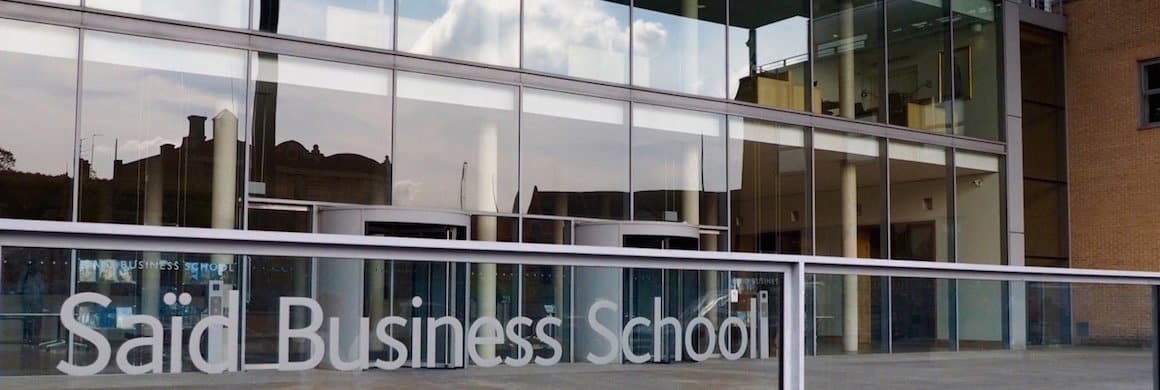Good preparation is the key to success at admissions interviews. Discussion groups, students, alumni, books and admissions counselors can all be helpful in learning as much as possible about the school’s methods and approach towards interviews.
ARINGO offers a professional interview preparation service, based on systematic collection of questions used in prior interviews, and on interview simulation practice. To start the process, please fill out the
information request form.
The admissions committee allows interviewers significant leeway with regard to the style of interview and questions asked. Therefore, learning as much as possible about your interviewer in advance is recommended: what is his/her style? What is his/her background? Which questions has s/he asked in the past? Students, alumni, forums and admissions counselors can provide this information.
We strongly recommend preparing extensively for your interview. In our experience, those candidates who devote tens of hours to preparation are those who do the best on interviews. Preparation should focus on selecting and phrasing your key messages and expressing them orally, under pressure. Conduct as many mock (simulation) interviews as possible: with alumni who have experience interviewing, with friends and family, with professional advisors and with other candidates. Mock interviews will not only provide quality feedback and ideas for improvement, they will also help you feel comfortable and confident in an interview setting and practice your English in case it’s not your native language.

